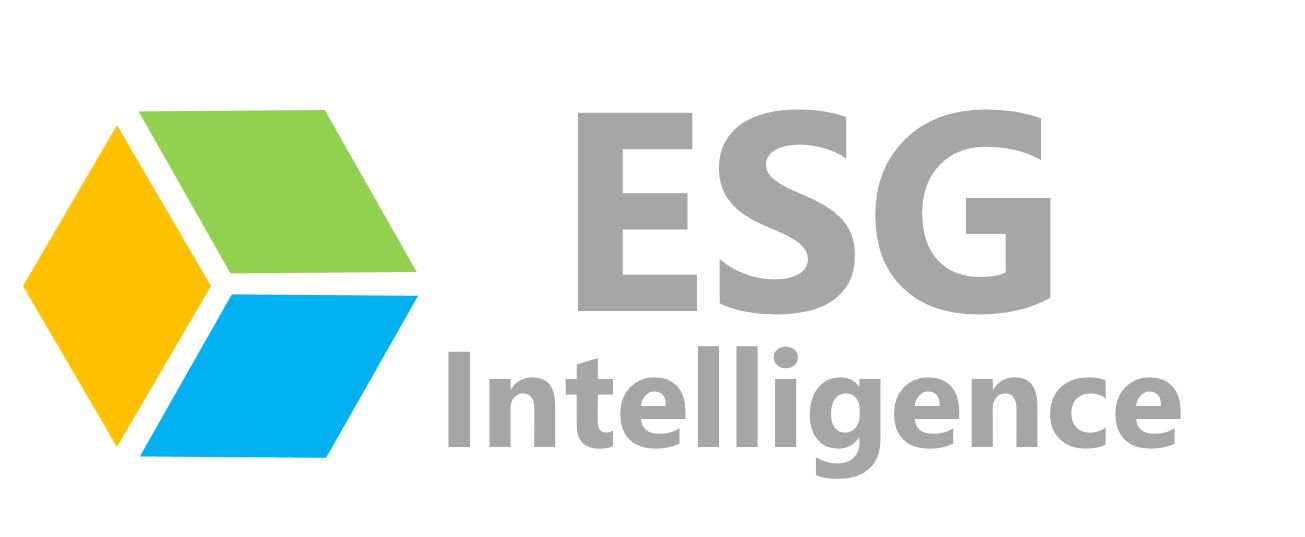Image courtesy: pixabay
The growing interest in the blockchain technology does not appear to be slowing down despite the extended turbulence in the cryptocurrency markets. Leading enterprises in every industry are today exploring whether and how blockchain can help them stay ahead of the competition while becoming more efficient. The governments which are the largest enterprises in any country are not far behind. Governments in many developed and emerging markets are taking a lead in exploring how blockchain can disrupt education, social, administration, and healthcare sectors.
Healthcare is one of the sectors where governments and private enterprises co-exist in many countries. In this article, we explore how various governments are embracing the blockchain technology to address industry issues and drive efficiencies.
In healthcare, critical information is often scattered across multiple systems, and it may be difficult to retrieve when needed the most. The current scenario of healthcare sector has often been referred to as inadequate to handle information exchange in most countries and leaves immense room for improvement. The healthcare industry is drowning in data—clinical trials, patient medical records, complex billing, medical research and more. Its evident that it is probably the right time to take a fresh approach to data sharing in healthcare and blockchain can prove to be the best among all the other approaches as it offers a lot of needed benefits in the healthcare industry.
Counterfeiting of drugs is also a menace that hurts the healthcare system, as entities with malicious intent are able to use the loopholes in the drug supply chain. As a result, these entities earn disproportionate profits, while barring the patients of proper medication. The loopholes are not limited to drug supply
Blockchain technology can bring in changes that can rid the healthcare systems of many of these issues, and several government agencies in partnership with private players and technology providers are working in this direction. Apart from addressing such long-standing issues for the sector, the technology can also enable some processes
Here are five reasons why governments are bullish on blockchain for healthcare sector
Digitized storage and sharing of patient data: Benefits of digitizing patient data have been acknowledged even before the advent of blockchain technology, especially in the developed west. However, the
- The Chinese government keeps a track of the medical history of patients to keep the health centers and district hospitals interconnected so that authorized doctors could easily view the patient’s medical history at any required time.
- The Estonia government keep a record of the medical history of more than 1 million people and whoever touches the records must give
a service compliance as to how are they treating the patient data. - The USA government also keeps secured digitized records of patients to be used as and when required in order to eliminate the need for intermediaries, which otherwise can take a lot of time, especially in case of emergencies.
Eliminating counterfeit drugs from the supply chain: By tracking the supply chain, the quality of drugs can be checked and verified at every step. The patient is assured that she is getting a genuine medicine, and pharmaceutical companies can be assured that counterfeiters stay away. Also, other information could be recorded as some drugs require special temperature conditions.
- The Mongolian government is trying to eliminate the distribution of counterfeit drugs from their system by conducting feasibility reports, helping the government monitor and inspect pharmacies, and pharmaceutical supply chains, including warehouses and retailers.
Fraud protection: Degrees, transcripts, and verification forms on blockchain platform allows maintaining private profiles for the authenticity of caregivers. Also, personalized data records allow the patients to control when and who can view and control their genetic records thus reducing the chances of fraud.
- The USA government is using blockchain to provide verified medical certification credentials to the students, who can store official records such as degrees, transcripts, and verification forms and allows to maintain their private profiles.
- The Indian government is using blockchain to provide more personalized patients’ genetic data records to the patients and hence provide more transparency and reduces the chances of fraud.
Organ donation and transplant have become easier: Using blockchain technology and having a hands-on database, all the paperwork that was required for organ donation is now not needed. Chances of errors in donation and transplant are significantly reduced. Also, the time consumed is very less.
- The Indian government is using blockchain for organ donation and transplant by tracking the supply chain to allow automation, distribution, and full transparency.
Advancement in Research and Development: The governments are also using blockchain to track a patient’s medical record allowing clinicians to predict, diagnose and prevent serious illnesses.
- UK government has used this and has developed a kidney monitoring app that aims to improve care, directing clinicians to patients who are at risk of or have a serious condition of acute kidney injury (AKI).
About ESG Intelligence
ESG Intelligence enables corporations to embrace emerging technologies to improve their business and sustainability performance. We deliver research-driven insights in the areas of blockchain intelligence and risk management.
Our enterprise blockchain intelligence solutions have evolved after speaking to 100+ senior decision-makers at enterprises and leaders at blockchain technology companies, about how they want to use our intelligence. Our solutions can empower corporate and investment decision-makers to make intelligent and informed decisions, about blockchain use case identification, vendor selection, consortia identification, and at the same time allow you to prepare for challenges that make blockchain adoption difficult.
Our risk management solutions are aimed at identifying and mitigating supply chain risk for corporates. We conduct in-depth supplier risk assessments and monitor your critical supplier to uncover any supply chain disruption before it happens.

